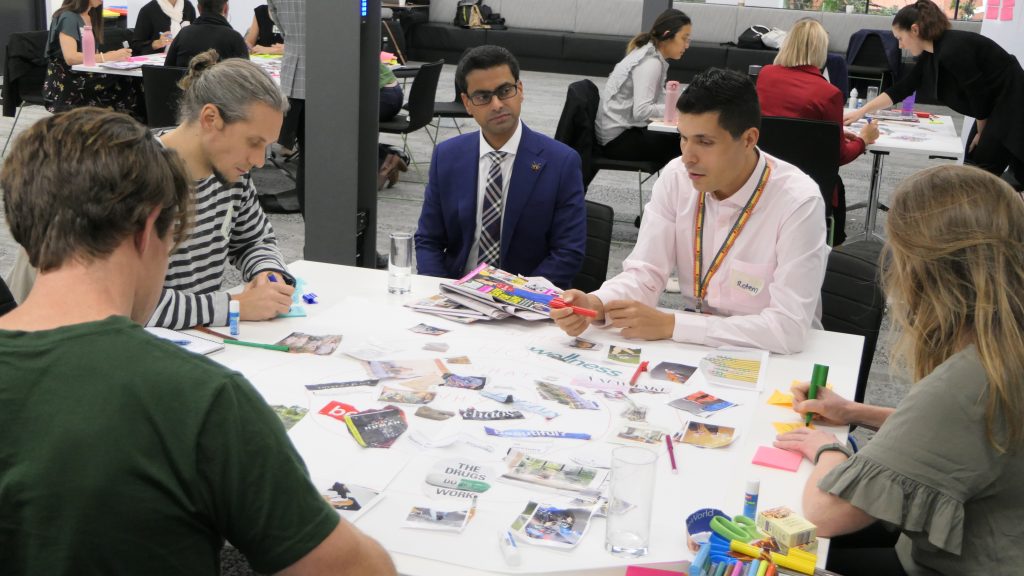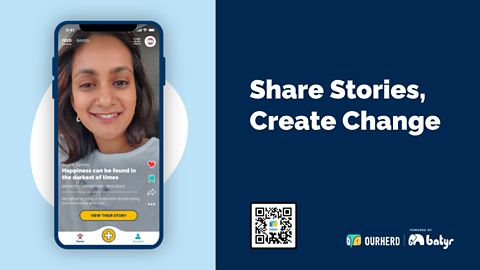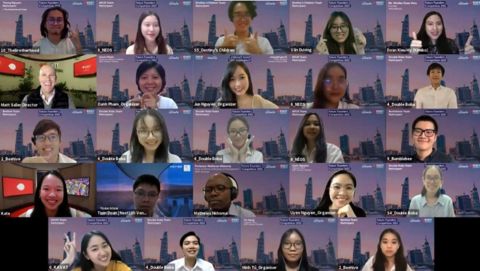Train The Trainer is an experiential event providing attendees the chance to work in teams and on their own to design a Hackathon experience. The purpose of the event is to equip staff with an understanding of how to run an effective Hackathon or innovation challenge.
Hackathons are multidisciplinary team-based intensives, designed to tackle challenges to create potential solutions, usually alongside industry. Train the Trainer facilitator Olivia Illic said, “The idea grew out of the number of requests Activator was receiving for Hackathon style events and innovation challenges.”
Activator has previously hosted innovation challenges in collaboration with Essendon Football Club, Jac Nasser, Isobar and Melbourne Innovation Districts, on topics such as environmental impact and female engagement in sport.
Due to the number of requests coming in, the team at Activator decided the best option is to upskill staff, acting as a capability development piece for staff across the university.
Olivia said, “I had assumed most staff members were approaching or being approached by industry with real-world problems they wanted solving. After the first session, I realised a lot of attendees just wanted creative thinking and ideation tools to tap into audiences that might include staff, students or potentially industry.”
A diverse array of staff were in attendance, including academics as well as a group from Human Resources who are working on crafting and articulating RMIT values. Team members from Student Wellbeing wanted to use their newfound skills on a project to create calm spaces for students with wellbeing needs. Careers and Employability, the College of Business and the School of Management staff also joined the event.
Darcy Keough, Project Officer – Student Mental Wellbeing Initiatives, said his reason for getting involved was to support students he works with to use design thinking practices in creative and innovative ways. Darcy said, “I really valued the opportunity to understand the ‘why’ of the process, what are we trying to achieve at each stage of the design thinking process and some really practical activities that we could implement to make that happen.”
Darcy is working as part of a student wellbeing co-design group, stating “I’ve already started implementing the skills I’ve learned, the students in the group are already underway exploring, discovering and ideating.”
Following traditional Hackathon principles, Train the Train used the support of a multidisciplinary team from across the University including Reza Mohammed from Research and Innovation, Gabrielle Harvey and Leonie Russell from RMIT Careers and Employability and Bec Taube from Legal. LEGO Serious play was used as a methodology to facilitate the training, with Olivia being asked by the Research and Innovation team in attendance to host a LEGO Serious Play session with VC’s and Directors following the first session, which was a resounding success.
“We learned a lot about the needs and the problems that staff have, so we designed day two based on the learnings of the first day. We decided to run an innovation challenge on day two, to allow the staff to experience an actual hackathon and learn tools through osmosis. The tools they got to experience included customer journey mapping, ideation tools and resources including micro-credentials” said Olivia.
Olivia and the Activator Education team are now in the process of taking the learnings from the first Train the Trainer to redesign, iterate and create an even better offering for RMIT staff throughout 2019.
If you are interested in taking part in any of Activator’s learning experiences, discover what’s on here.




